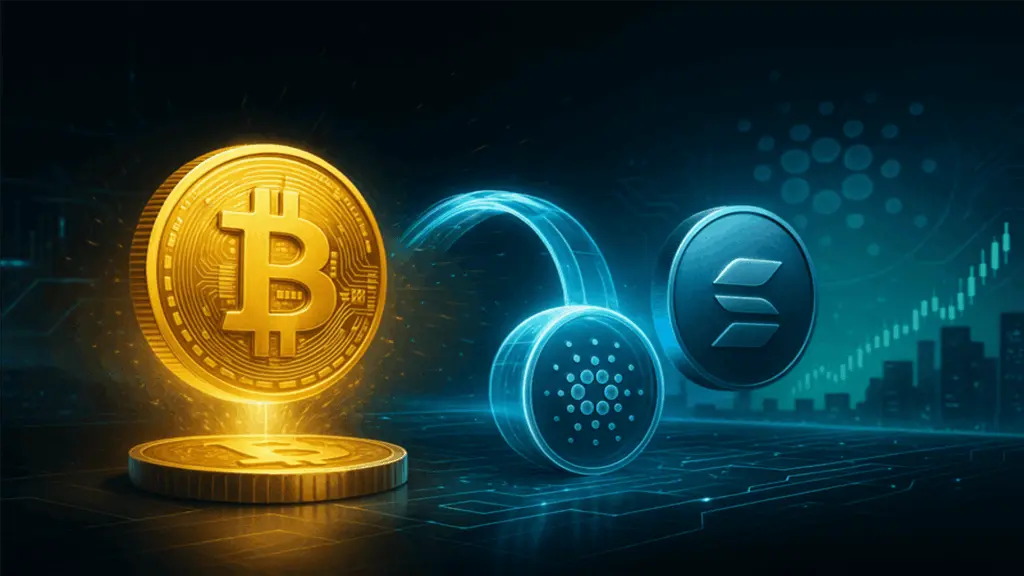What Exactly Is a Token Maker?
The question what exactly is a token maker has become increasingly relevant as blockchain technology evolves beyond simple cryptocurrencies. A token maker—sometimes called a token generator or token creation platform—enables businesses, developers, and even individuals to create digital tokens without building a blockchain from scratch. These tools are reshaping decentralized finance (DeFi), gaming, and supply-chain management by lowering barriers to entry and speeding up innovation.
This article investigates how token makers function, their market significance, and the regulatory and technical considerations shaping their future.
Understanding the Basics of a Token Maker
Definition and Core Purpose
A token maker is a platform or toolkit that allows users to mint new digital assets—commonly known as tokens—on an existing blockchain network. Instead of coding complex smart contracts manually, creators can use an intuitive interface to define parameters such as:
- Token name and symbol
- Total supply and issuance rules
- Utility vs. security classification
- Governance or voting rights
These tokens can represent anything from digital currencies and reward points to real-world assets like real estate or carbon credits.
How Token Makers Work
Most token makers operate on established blockchains like Ethereum, Solana, or Binance Smart Chain. They typically provide:
- Smart contract templates that handle transfers, balances, and compliance.
- Customizable features such as burn mechanisms, staking, or fee structures.
- Web dashboards that let non-developers deploy a token with minimal coding.
According to Ethereum’s official documentation, ERC-20 and ERC-721 standards are the most common frameworks that token makers build upon.
Why Token Makers Matter in Today’s Crypto Economy
Lowering the Barrier for Innovation
Before token makers, creating a digital asset required specialized blockchain knowledge. Now, small startups and even solo creators can launch tokens in minutes, fueling a surge of decentralized applications (dApps) and niche economies.
Driving DeFi and GameFi Growth
Token makers play a critical role in DeFi protocols, where tokens represent staking rewards, governance rights, or liquidity pool shares. They also enable the explosion of GameFi projects, where in-game items are tokenized for trading or interoperability.
For example, platforms like OpenZeppelin provide audited smart contract libraries that many token makers integrate to enhance security and trust.
Key Features to Look for in a Token Maker
Security and Compliance
Security remains paramount. A reputable token maker should offer code audits, multi-signature wallets, and adherence to regulatory standards.
Customization Options
From adjustable supply mechanics to governance features, flexibility determines whether a token maker can support unique project requirements.
Integration with Exchanges
A quality token maker often provides guidance or built-in connections for listing tokens on decentralized exchanges, ensuring liquidity from launch.
Risks and Challenges
Regulatory Uncertainty
Governments worldwide debate how to classify digital tokens. Depending on design, a token may be considered a security, triggering stringent compliance obligations.
Smart Contract Vulnerabilities
Even with templates, poorly written code can expose creators and users to exploits. Independent audits and open-source transparency are essential safeguards.
FAQ: What Exactly Is a Token Maker?
Q1: What exactly is a token maker and how does it differ from a cryptocurrency?
A token maker is a tool to create new tokens on an existing blockchain, whereas a cryptocurrency like Bitcoin runs on its own native blockchain.
Q2: What exactly is a token maker used for in business?
Businesses use token makers to launch loyalty points, create digital collectibles, or tokenize real-world assets for easier trading and management.
Q3: What exactly is a token maker’s role in DeFi?
In DeFi, token makers help projects quickly create governance or utility tokens to facilitate staking, lending, and liquidity pools.
Q4: Is it expensive to use a token maker?
Costs vary. Some platforms charge minimal gas fees, while others offer premium services with added security and compliance features.
Q5: What exactly is a token maker’s biggest risk?
The largest risks are smart contract vulnerabilities and shifting regulatory landscapes, which can impact legality and security.
Analytical Conclusion and Future Outlook
The rapid rise of token makers signals a new phase of blockchain adoption. By simplifying token creation, these platforms empower entrepreneurs and established companies alike to experiment with decentralized finance, NFTs, and asset tokenization.
However, as token makers gain popularity, scrutiny will intensify. Regulators are crafting rules to distinguish between utility and security tokens, and users must demand rigorous security audits. In the long term, token makers could become as commonplace as website builders—integrated into enterprise software and consumer applications—unlocking new economic models across industries from gaming to supply chains.

